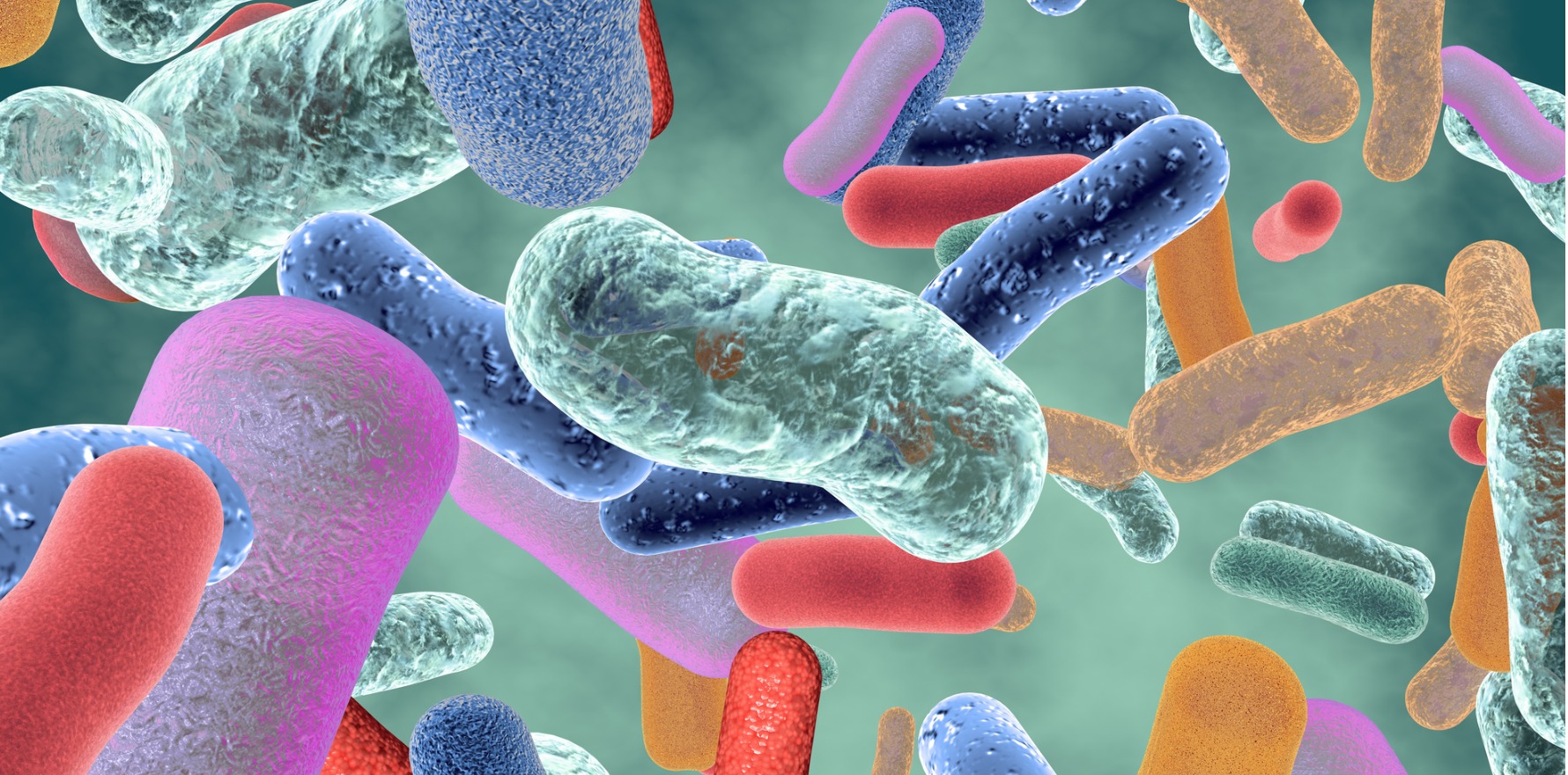New research suggests gut microbiota and metabolites could contribute to the development of the chronic, painful disease.
Going with your gut might not always be the best decision.
Fibromyalgia is a common disease with a multifactorial and poorly understood mechanism of action. Both central and peripheral factors have been suggested. In recent years the gut-brain axis has been put forward as another potential contributor to fibromyalgia, with researchers pointing towards the interactions between gut microbiota, neurotransmitters and the immune system.
A recent systematic review, published in the International Journal of Rheumatic Diseases, confirms suspicions that gut microbiota imbalances could contribute to the development of fibromyalgia.
“Although there is not enough evidence to solidly support the intestinal microbiota as an aetiological agent of fibromyalgia, we can nonetheless enumerate a series of principles that would define the aetiopathogenesis of this disease,” the researchers wrote.
Spanish researchers reviewed 23 studies exploring associations between changes in gut microbiota and the various neurological and immunological processes thought to play a role in fibromyalgia.
The researchers identified four different ways the gut and brain communicate with each other: the circulatory, lymphatic, immune and nervous systems. For example, gut microbiota can change brain activity by secreting neurotransmitters and cytokines, while the brain can alter the number and diversity of bacteria within the gut by modifying peristalsis patterns.
There was extensive evidence that the makeup of the gut microbiome differed between fibromyalgia patients and pain-free individuals.
Fibromyalgia patients had higher levels of Clostridium and Bacteroids (which contribute to bile acid metabolism) and Coprococcus (which has a role in regulating the amount of lipopolysaccharides in the gut).
In contrast, fibromyalgia patients had lower levels of Bifidobacterium and Lactobacillus (which metabolise the excitatory neurotransmitter glutamate into gamma-aminobutyric acid, the most common inhibitory neurotransmitter within the central nervous system) and Eubacterium and Firmicutes lachnospiraceae (which are involved in making short-chain fatty acids).
“Bacterial metabolites such as lipopolysaccharides and short-chain fatty acids are shown to have a negative influence on fibromyalgia symptoms such as pain and restless sleep,” the researchers wrote.
Changes in gut microbiota and the associated metabolites could lead to increased permeability of the intestinal epithelium and stimulation of the immune pathway of the gut-brain axis, according to the researchers.
“Overstimulation of the immune system triggers an inflammatory response and the consequent generation of nociceptive signals. The gut-brain axis favours pain signalling, as the lateral spinothalamic pathway innervates the digestive tract.
“This situation, together with repeated stimulation from gut microbiota, could participate in the phenomenon of central sensitisation, [which is] linked to the aetiopathogenesis of fibromyalgia,” they concluded.
International Journal of Rheumatic Diseases 2024, online 26 January





